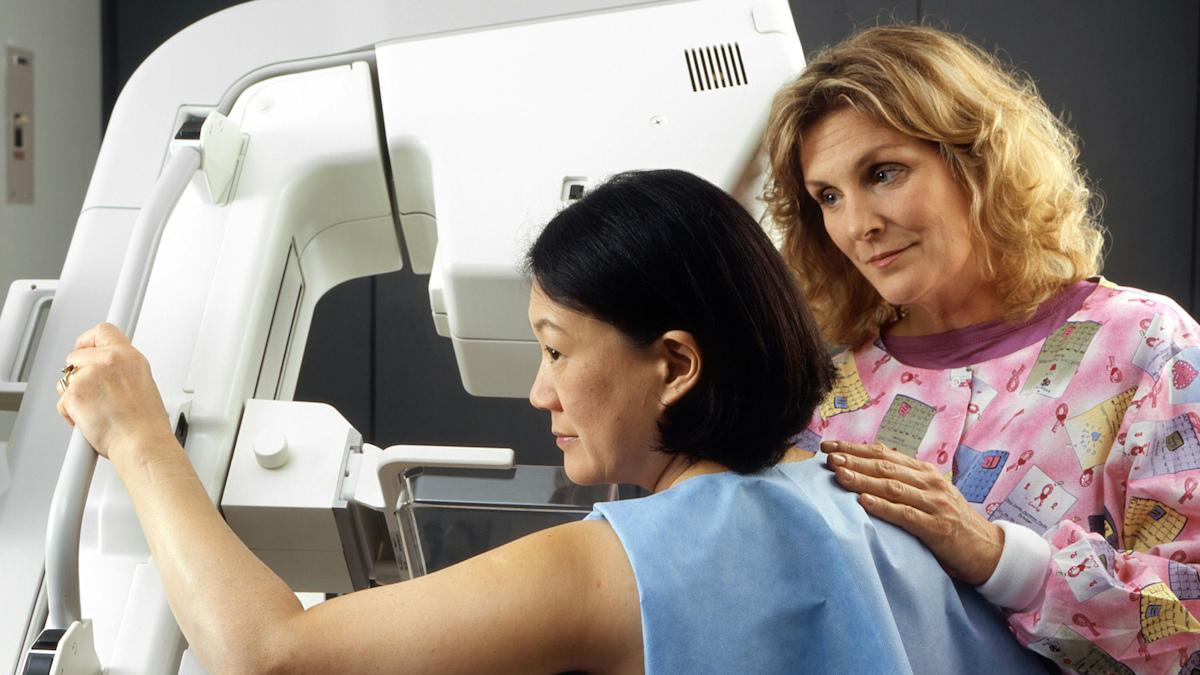NHS trial puts AI for breast cancer screening under scrutiny

Nearly 700,000 women will be recruited into an NHS trial of artificial intelligence (AI) tools for breast cancer screening in an attempt to spot the disease earlier and save lives.
The EDITH (Early Detection using Information Technology in Health) study was announced by the Department of Health and Social Care (DHSC) this morning – World Cancer Day – and supported by £11 million in government support provided by the National Institute for Health and Care Research (NIHR).
It will compare various AIs to see if they can enhance breast cancer screening and will form the basis of a "call for evidence" on ways to reduce lives lost to cancer, improve the efficiency of the NHS, and assist in the digital transformation of the health service.
From April, women invited for a routine breast cancer screening will be invited to take part in the trial at 30 testing sites across the country. The AIs will be tested to see how well they can assist radiologists in interpreting mammograms and identifying changes in breast tissue that could signal cancer.
Currently, two radiologists are required to review the images from each screening, but the hope is that this could be reduced to one with AI. That could free up radiologists' time and – potentially, at least – provide results more quickly and reduce waiting lists.
More than two million mammograms are carried out each year under the NHS screening programme, which is offered every three years to women from the age of 50 upwards.
The trial has the support of the Royal College of Radiologists (RCR), which has called on the UK to embrace AI to help solve chronic understaffing in the sector, with around 30% fewer radiologists in the NHS than are currently needed.
The RCR recently reported data showing that hundreds of thousands of scans took longer than a month to be reviewed, which is a breach of NHS targets.
While AI could be a solution to that problem, it will take time for the technologies to be fully tested and validated to make sure they don't put patients at risk and waste NHS time and resources, according to RCR president Dr Katharine Halliday, who delivered a keynote speech at a conference on the role of AI in the NHS yesterday.
In the meantime, there is an "urgent" need to tackle the staffing crisis and "build radiology capacity," she said, adding that the rollout of AI must be done with "expert oversight" to make sure it is safe and effective.
In the wake of the Darzi report, which found cancer survival in the UK is worse for some cancers than in some similar nations, there is a need for "urgent action […] to save lives and improve patient care," said Health Secretary Wes Streeting, who is a cancer survivor himself.
"That's why, for World Cancer Day, I am committed to publishing a dedicated national cancer plan this year, to unleash Britain's potential as a world leader in saving lives from this deadly disease and make the NHS fit for the future," he added.
The plan will set out targeted actions to reduce lives lost to cancer, raise survival rates, and improve the experience of patients along their cancer journey, according to the government. It will include specific actions for rarer cancers, such as those affecting children and young people.
Photo by National Cancer Institute on Unsplash












